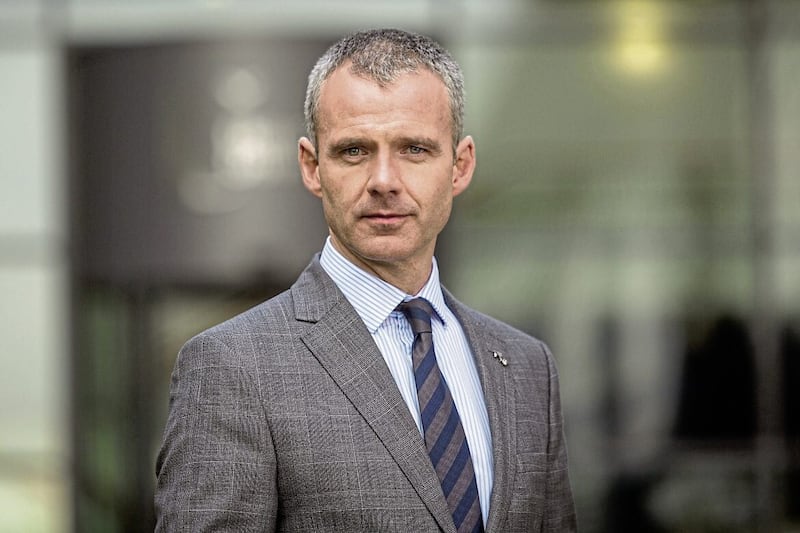Every economic commentator over the last few years has spent at least some time lamenting the parlous state of our public finances and the impact this is having on the quality of public services delivered. However very few seem to be asking more fundamental questions about how we have ended up in this situation.
Since 2010, there has been downward pressure on government spending and over the same period, the tax burden has increased to its highest level since the 1940s. The old trade-off between lower taxes and lower government spending on the one hand, and higher taxes but more government spending on the other, no longer applies. We have the worst of both worlds, higher taxes and poorer public services.
Those with strong political ideologies on the ‘left’ and the ‘right’ could both argue that their position holds true. The ‘left’ would contend that Governments can spend money more strategically than individuals and therefore best placed to make the large-scale investments needed to support longer term economic growth. Equally, those on the ‘right’ would argue that raising taxes stifles business activity and disincentives people from working more hours (or even at all).
Irrespective of your ideological position, the fundamental issue with our economy, like many other economies across Europe, has been an extended period of low economic growth. This stretches back to the Global Financial Crisis in 2008. If our economy had maintained its pre-financial crisis long-term growth trend, it would now be approximately 15% to 20% larger. That ‘lost’ growth would have generated significant additional tax revenues and, at a stroke, would have solved the Government’s current budget problems.
The causes of our current quandary are complex but come down to one simple fact, for over 20 years economic growth has not been the number one priority for successive Governments, both in Westminster and Stormont. Taking the UK first, Tony Blair’s focus was on public sector reform and foreign policy, Gordon Brown’s premiership was dominated by the financial crisis, David Cameron actively supported the “Beyond GDP” agenda promoted by the EU which included wellbeing measures amongst others, Theresa May focused on Brexit and Boris Johnston focused initially on Brexit and then the COVID pandemic.
It is only very recently that both Rishi Sunak and Keir Starmer have recognised that long term growth is the only sustainable solution to the economic challenges we face.

Stormont’s economic record also falls painfully short. Typically, economies only thrive during periods of political stability which is at odds with the Executive’s part-time approach to devolution. Even when the Executive was in place, they refused the opportunity to take control of Corporation Tax, which has been such an important economic policy lever in Ireland.
Whilst governments could reasonably argue that their policy decisions reflected the prevailing priorities at that point in time, it is no surprise that if economic growth is not the focus of attention, the economy will suffer.
So what can be done? It is essential that a returning Executive recognises the importance of a growing economy to the achievement of its other policy aims. Setting aside ‘left’ and ‘right’ and adopting a ‘what works’ ideology could provide some basis to identify policy priorities moving forward. There are several measures a returning Executive could implement, including reversing the long-term decline in infrastructure investment, over-hauling the planning system to facilitate
increased business investment also needed to help meet our net zero commitments, focus on giving our young people the skills they will need for the jobs of tomorrow, put skills interventions around people who cannot get back into employment because they have low or no qualifications, reform the welfare system so those seeking to get back into education are not penalised, implement long overdue reform to our health service to get the sick back to work, stop funding a divided society, and consider appropriate revenue raising measures.
There are no short term fixes and many policies will only bear fruit beyond the period of a single electoral cycle, so it is time for mature political decision-making and also importantly a mature response from the electorate. The public cannot criticise its politicians for not taking difficult decisions and then object when unpopular but necessary decisions are taken.
:: Gareth Hetherington is director at the Ulster University Economic Policy Centre








